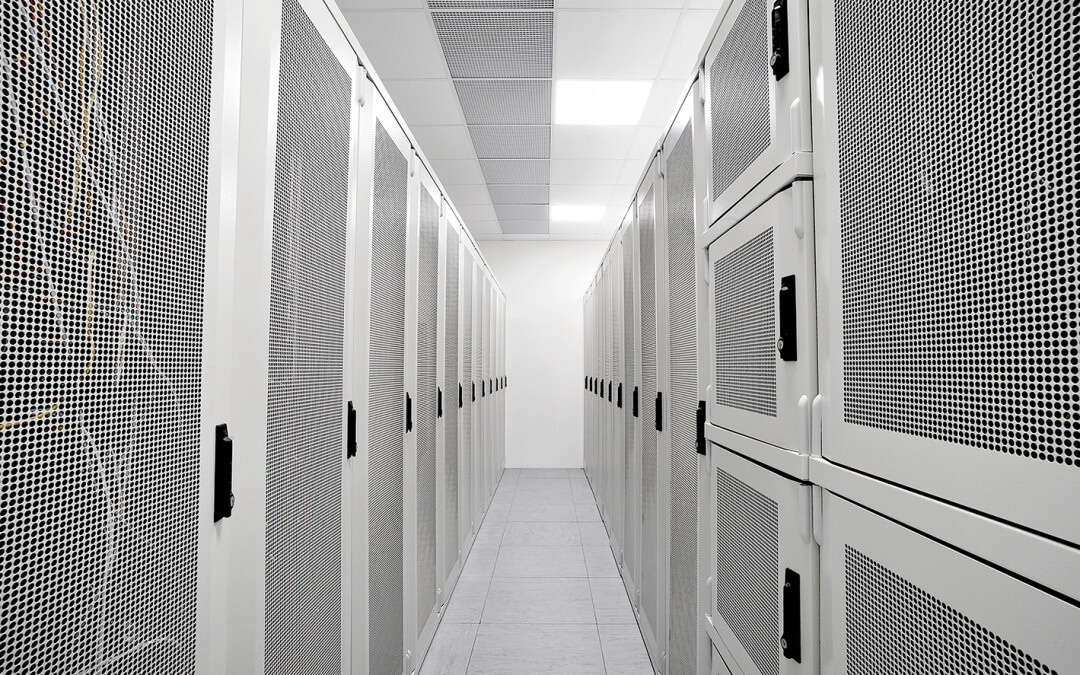
by LDeX Group | Oct 3, 2016 | Blog
Imagine the scenario, too many people, not enough places for them to live. Chaos. Well, this is what’s happening in the digital world.
Every device that has access to the Internet is registered to a unique IP address – this is used for identification and enables the devices to communicate over a network – but due to the exponential growth of the Internet these addresses are rapidly running out. So much so, the US has already come to an end of their allocation, and we may only have two years until they are all claimed on a global scale.
Enter IPv6, the most recent Internet Protocol, developed by the Internet Engineering Task Force to deal with the problem of IPv4 address exhaustion. Although there is still a small number of IPv4 addresses available, we need to prepare for when they are no longer available. Technology goliaths, like Apple and Microsoft, have ensured that their devices will automatically be assigned a IPv6 address, enabling businesses to connect to the IPv6 network. Businesses therefore need to ensure that their infrastructure also facilitates this.
Here at LDeX Group we pride ourselves on being forward-thinking, which is why we have been IPv6 enabled for six years. Our Dual Stack offering is free of charge to all our customers and ensures that they don’t get left behind and have a seamless transition from IPv4 to IPv6.
It’s time to prepare for the change and ensure your business is ready for the switch. Click here to find out more.
by LDeX Group | Sep 16, 2016 | Blog
ING Bank apologised to its customers in Romania this week after a planned test of its gas-based fire suppression system knocked its Bucharest-based data centre offline. This left users unable to carry out card transactions and access internet banking services over the weekend. The company’s ability to alert customers about the situation was also hindered by its email and text systems being unavailable due to the issue.
Although the Head of ING Bank’s retail division blamed the test for the problems, it was reported that the sound created by the release of the inert gas from the cylinders, as opposed to the substance itself, caused the data centre hardware to fail. The noise levels are said to have exceeded 130dB during the test, causing the hard disk drives inside the storage systems to vibrate and malfunction.
This is the first time I’ve heard of sound waves from a gas fire suppression system creating damage to hard disk drives, resulting in server failure, and this is highly unlikely to happen again. Nevertheless, freak scenarios such as this one prove how important multiple lines of defence are in data centre environments.
At LDeX Group we use a ‘double knock’ solution, meaning that smoke must be detected in two zones to trigger our gas fire suppression system, reducing the risk of a false positive. Our VESDA smoke detection is installed throughout our data centres to act as an early warning sign for any potential fires and the FM200 suppressant is designed to remove the oxygen, heat and fuel from a fire, extinguishing it within ten seconds.
If you want to know more about our offering and how ‘double knock’ can help you avoid situations like ING Bank’s, visit our website.
by LDeX Group | Sep 14, 2016 | Press
http://www.computerweekly.com/news/450304153/ING-Bank-fire-suppression-system-test-knocks-datacentre-offline
by LDeX Group | Sep 14, 2016 | Press
http://www.datacentres.com/dc-news/ldex-group-bolsters-its-carrier-offering

by LDeX Group | Aug 28, 2016 | Blog
You may have heard the news about the ‘smart energy’ revolution that the national grid has recently discussed, whereby consumers can adjust their energy consumption to use energy when its cheapest.
This scalable, pay-for-what-you-use model is becoming more and more popular for many consumers across industries, including the data centre sector. Flexible options that consider the consumers’ usage habits and place them at the heart of their interaction with the product are being adopted increasingly frequently.
The resulting reduction in cost is one reason for this – customers, whether they’re using electricity to store their data or energy to power their homes, obviously don’t want be paying for what they don’t use. However, another large part of this revolution stems from the providers themselves, who want to provide not just great customer experience, but a service that is friendly to the environment.
Here at LDeX, we’re very proud to be carbon neutral, and we always aim to help clients to reach their environmental impact targets with our services. Our data centres are powered by 100% renewable energy sources and use maximum efficiency cooling systems in order to avoid downtime whilst minimising energy waste.
With the rise of smart energy, we’re seeing businesses and consumers alike putting greener thinking at the heart of their product choices – a trend that we hope will continue to grow.


